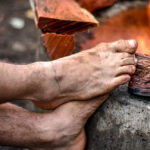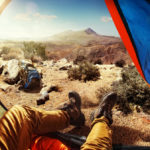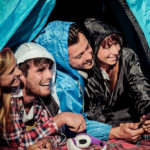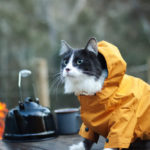Bears have a fantastic sense of smell. Weather, odor type, and bear breed are all factors that might influence this amazing land animals odor. In most circumstances, bears can detect scents from up to 12 miles away.
Continue reading to learn more about how far a bear can smell, how various sorts of bears can smell, and how to avoid a bear when camping.
How far is a bear’s sense of smell?
The sense of smell of bears is incredible. Weather, type of odor, and bear style are all aspects that might change their odor. Grizzly bears can smell up to 20 kilometers away in most cases. The polar bear possesses the most refined sense of smell in the bear kingdom, with a range of up to 40 kilometers.
Since bears have developed to have a strong sense of smell, they can smell your camp within a 20-mile radius.
Attacks by Grizzly bears are rare. Last year, though, there were over 1,800 bear encounters in Colorado alone. Most bears are unconcerned with people. Luckily, humans aren’t frequently found on their menu. However, if you don’t manage your site correctly, they may be drawn to your location. If a bear detects the scent of your meal, it may decide to visit you.
Why can a black bear smell so far?
Bears are curious animals and need a keen sense of smell for a variety of reasons. However, they mainly use it to find food.
Bears are often solitary creatures who create their own “territories.” Their sense of smell helps them determine whether another bear is invading their area, if there is a carcass nearby, particularly fish carcasses if there are any ripe berries or fruit, if there is a fire, or to assist in the recovery of missing cubs.
A bear can use its other senses to work with scent if it has a strong sense of smell.
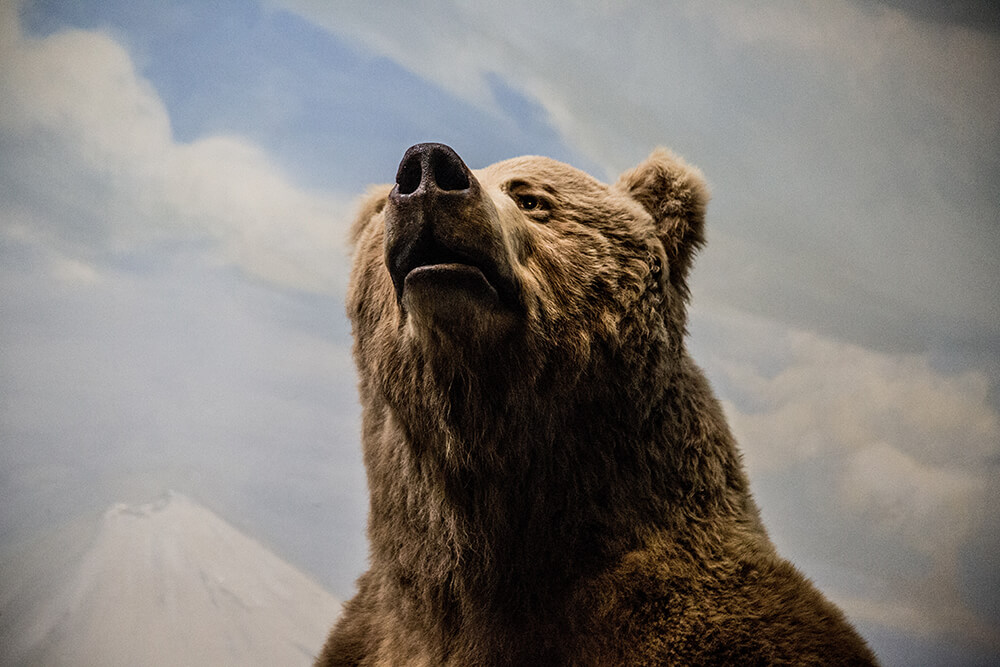
How far can different types of brown bears smell other animals?
Most bears, including Grizzle, Kodiak, Brown, and Panda Bear, have a scent range of 20 miles or more.
Male Polar bears have the most refined sense of smell of any bear known to science. Seals among other land animal are their primary food source, can be detected from up to 40 miles away.
Since polar bears dwell in cold tundras with limited sight and hearing, they rely on their food smell to locate and track prey. However, others say that, aside from polar bears, the range of other bears is significantly less, ranging from 1 to 5 kilometres.
How do you avoid a bears sense of smell?
Bears aren’t ordinarily hostile, but they may walk into your campsite if you don’t take the proper measures. The best method to keep safe when dealing with bears is to avoid interactions, if possible to reduce the human bear encounter. Learning how to avoid a bear’s sense to keep bears at bay is the first step.
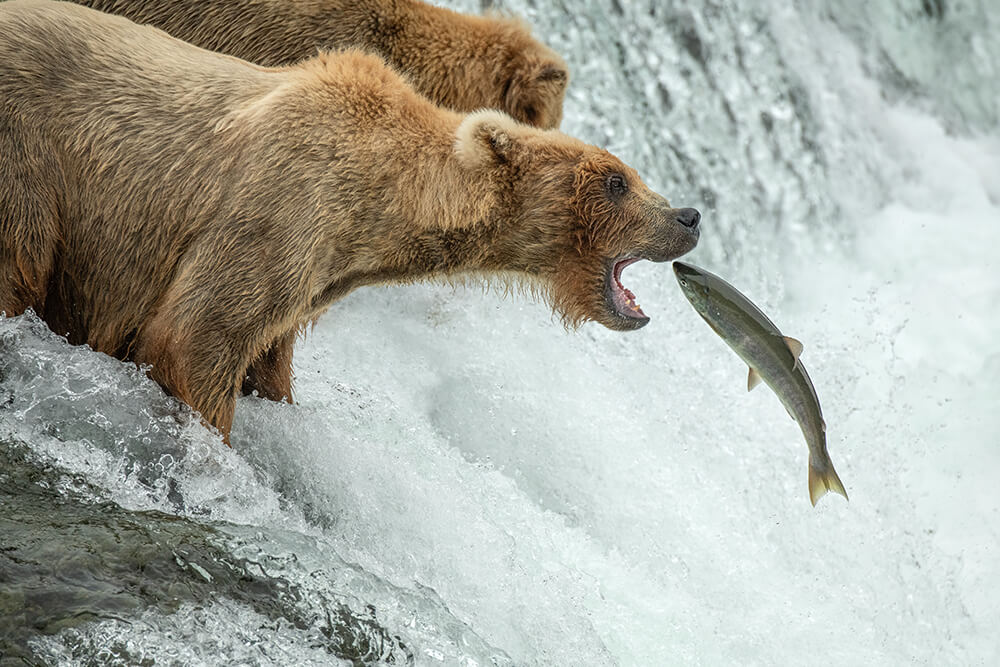
Avoiding bears when camping
Thinking like a black bear is the first step in keeping bears at bay while camping. If a location looks to be enticing to attract bears, stay away. You’re looking for the most boring campground imaginable.
These massive animals are drawn to food sources such as berry patches and lakes. So before setting up camp, it’s also a good idea to survey the area for signs of bear activity.
The more delectable your food is, the more delicious it will be for other carnivores. Whatever type of food you bring, it’s always a good idea to keep it safe in your car or a bear-proof bag hung high. That way, the smell will be contained, limiting bear attractants.
Keep dogs under control
Pets that make a lot of noise might attract bears interest. Depending on the species of bear, your dog may irritate or terrify them once they arrive in the area to see what’s going on. If you’re camping near a bear-infested area, you might not want to bring your dog along.
If your dog arrives, make sure they are well-trained and can obey directions even under challenging conditions. Also, please keep your dog on a leash at all times, so they don’t chase the bear. In a bear encounter, an uncontrolled dog may create a lot of havoc.
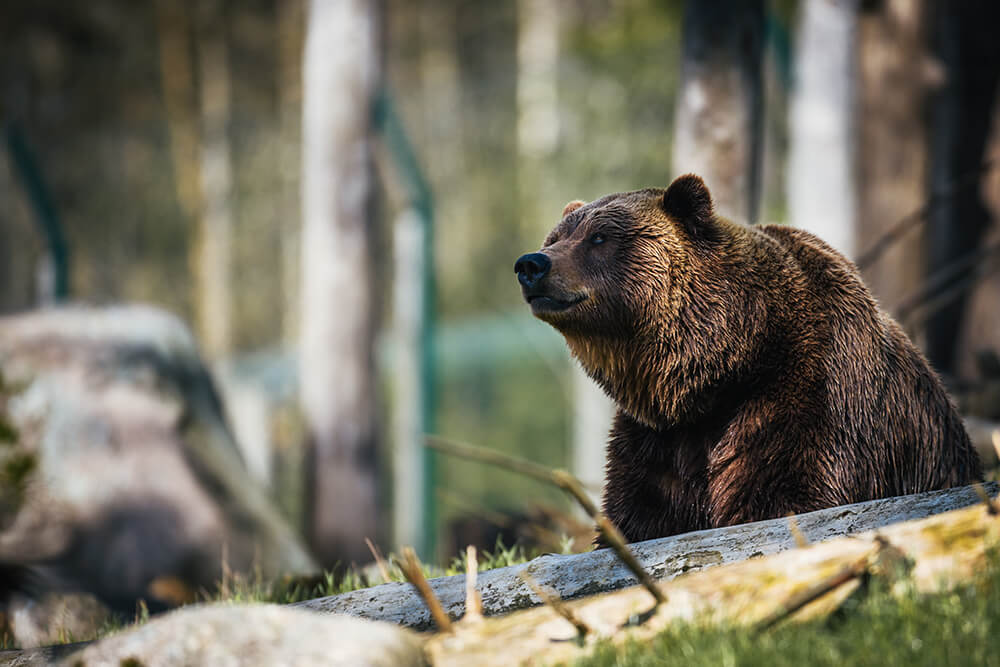
Make noise
Make noise or a commotion. This will warn bears of your presence, reducing the chances of a surprise encounter. Keep in mind that noises like running rivers and streams, as well as powerful gusts, might drown out the noise you generate.
Keep your campsite clean
It is both typical politeness and good sense to keep your campground tidy. Bears of all kinds will naturally be more interested in your campsite if garbage is left strewn about and the fragrance of bacon wafts through the air from leftover grease.
To make your campground less appealing to bears, wash dirty dishes as soon as possible. To properly dispose of grease, pour it into sealed containers and store them in a hard refrigerator. Make no further attempts to burn food in the fire. A raging fire is required to burn biological things thoroughly. Bears and other wildlife will be drawn to your partially burned food.
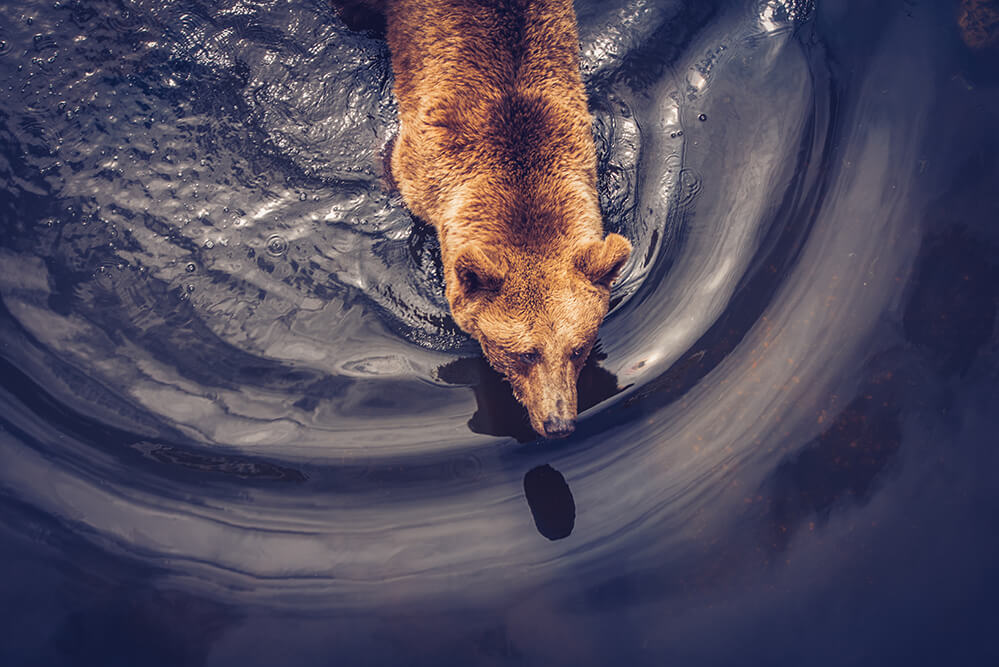
If you do see a bear, don’t panic
If you see a Black bear, one of the most harmful things you can do is panic. You must maintain your composure to react appropriately. A bear will be more likely to hunt you down and attack you if you run. Grizzly and Black bears can reach 35 mph and traverse 100 yards in under seven seconds. They’re quicker than you are.
Even when they come inside your camp, most Grizzly and Black bears are uninterested in you. They’re looking for your food. Make yourself as huge as you can, stand tall, and hold your arms out in front of you. Talk to the bear while waving your arms slowly.
Loud noises or quick movements may startle the bear, causing it to respond violently.
How weather conditions affect a bears sense of smell
Your fragrance does not always go the same amount of distance. The weather significantly influences how far it travels and how intense it is. Three factors might determine how far a bear can detect your scent. These include temperature, humidity, and wind intensity.
The stronger the scents grow, the further they may go as the temperature rises. When the weather is humid, your aroma will go further. Since the wind delivers the particles that carry your smell, the direction it blows will also have an effect.
What we recommend
Maximum Strength Bear Spray
By Mace
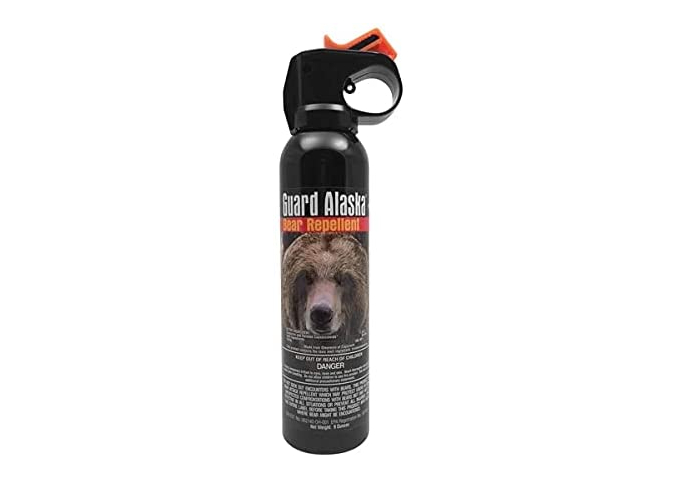
Product Summary
This heavy duty bear spray is a must when in bear country. Bring it in your bear bag and quickly spray it towards your campgrounds while in a known bear populated area. Guaranteed to spice up a bear’s nose.
Frontiersman Bear Horn
By SABRE
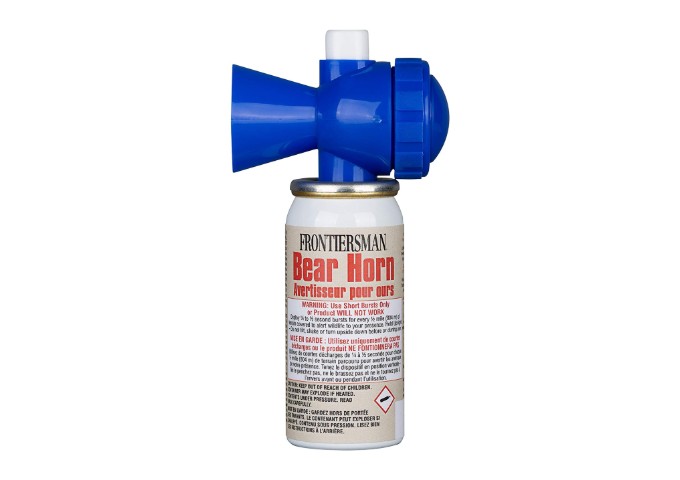
Product Summary
Unlucky to encounter a bear without an amazing sense or acute sense of smell? The second best sense for a Grizzly bear is their hearing. Sound off the bear horn as another option to avoid bears and black bear attacks.

